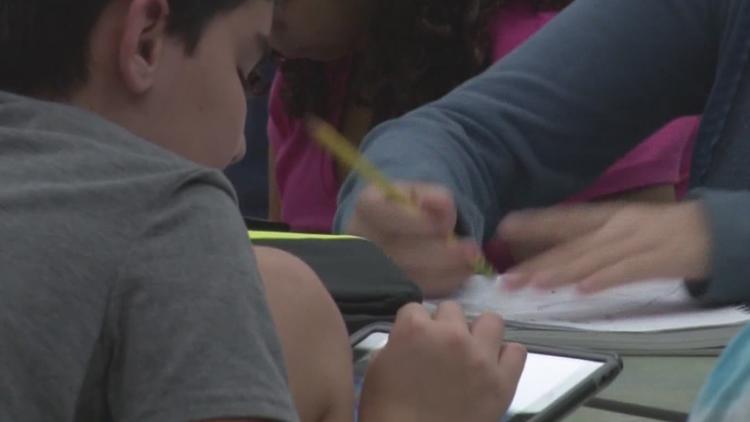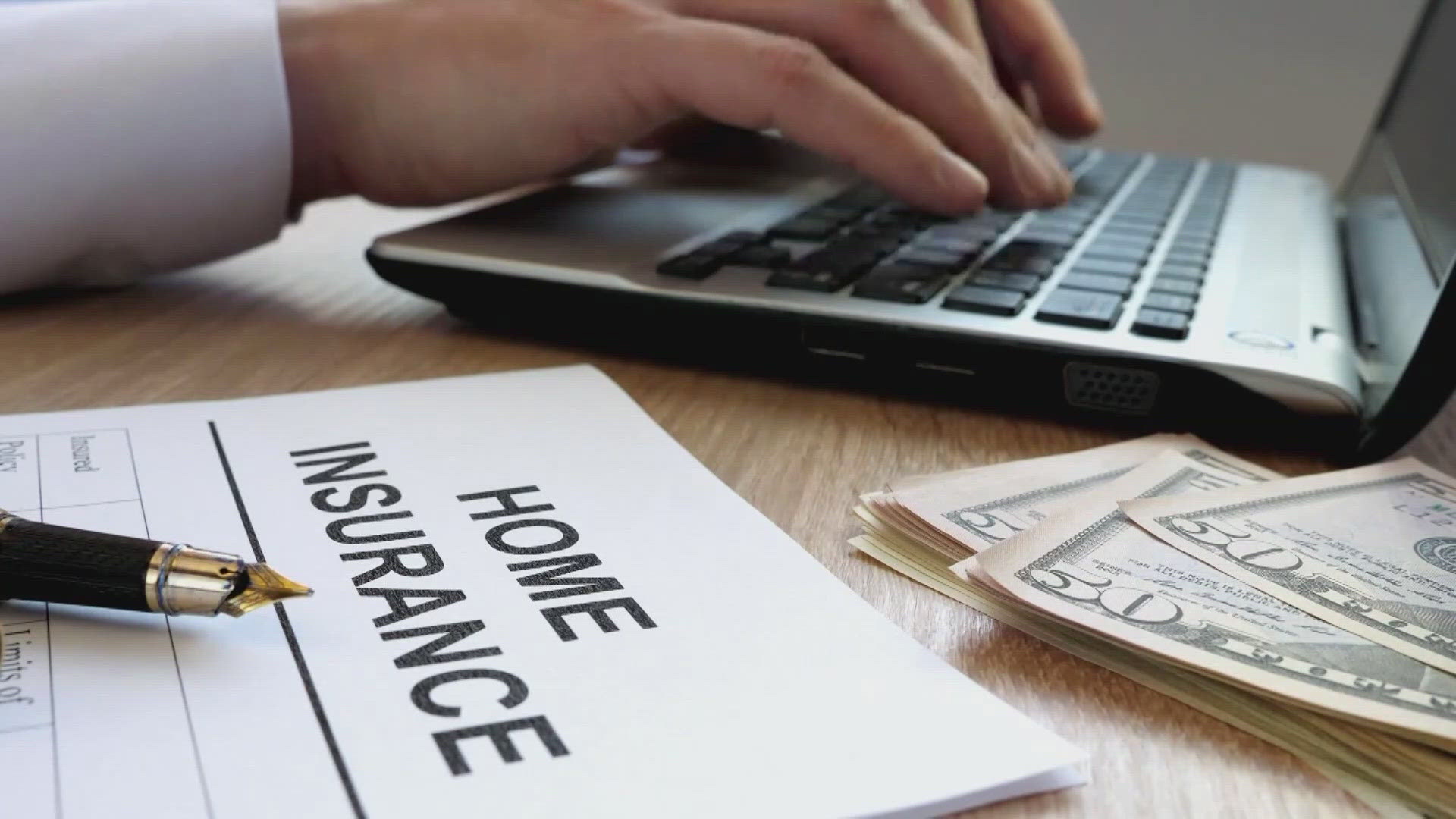TALLAHASSEE, Fla. — Florida House Republicans have moved a bill that could make high school students work overnight and more than 30 hours a week through committee, even on a school night.
HB 49 was filed by Rep. Linda Chaney in September 2023. The bill would not only allow companies to put minors aged 16-17 on night shifts, but it would also give them the authority to determine how late the student works regardless of how dangerous the work is.
The bill also features language that would allow employers to treat minors as adults under labor laws. It would also block counties and municipal governments from enforcing restrictions on underage employees.
If signed into law, Florida would become the latest state to pass major legislation weakening child labor laws after Arkansas, Iowa, New Jersey and New Hampshire.
A nationwide push for underage labor
Republicans have been trying to loosen child labor laws for at least a decade, as evidenced by the essay "A Case Against Child Labor Prohibitions," published by the right-wing think tank The Cato Institute in 2014. The essay argues in favor of child labor, claiming that children are generally sent to work because their families are poor and that outlawing child labor would do nothing except force them into "less desirable alternatives."
Republicans and business leaders, many of whom have similarly derided child labor restrictions as government overreach, have tried to cast child labor as morally valuable for young people.
One of those Republicans was Rep. Kevin Steele, R-Dade City, a member of the House Commerce Committee who said the bill was necessary because "we've been weakening our society since before my time."
"I started working at, like, 13 years old. I had a full-time job, I wrestled, I played every sport you can imagine, so the idea that they can't afford to have these kids do this is an anomaly for me in my mind," Steele said.
Steele did not specify exactly what his former job was or how many hours he worked.
It has been illegal for companies in Florida to put children under 14 to work since Florida first passed its child labor law in 1913, which also restricted hours for workers aged 16 or younger and banned employers from putting school-aged workers on night shifts.
The student and teacher response
Child welfare advocates, labor rights groups and other opponents of child labor have pointed out that loosening restrictions has frequently left young people exposed to dangerous work environments. They also say that expanding child labor can disrupt development and education, encouraging kids to drop out of school.
A teacher from Hillsborough County Public Schools told the Commerce Committee that she has a student who has trouble staying awake in class because he has to work late after school in order to help his family.
"If this is happening with our current laws, I don't want to imagine the negative impact this is going to have on him and other students if this bill is passed," the teacher said.
During an earlier committee discussion in December 2023, an 18-year-old who said he started working at 15 told the committee that working late shifts would make it impossible for students to function.
"You cannot succeed in high school if you are going straight from work to school...You have to be able to recover. Especially when you are new to working and you don't really understand the laws," said the student, also pointing out that minors typically don't know how to report workplace violations.
"They've got more important things. They've got school, work, making time for friends. They're not going to care about reading some legal document to understand how the law works," he added.
During that December session, an amendment was proposed to the bill requiring all employers of 16 and 17-year-olds to keep a record of sexual harassment and give copies to parents. That amendment was voted down by Florida Republicans.
HB 49 now goes to the state House and Senate for consideration. If passed, the law would take effect on July 1.



